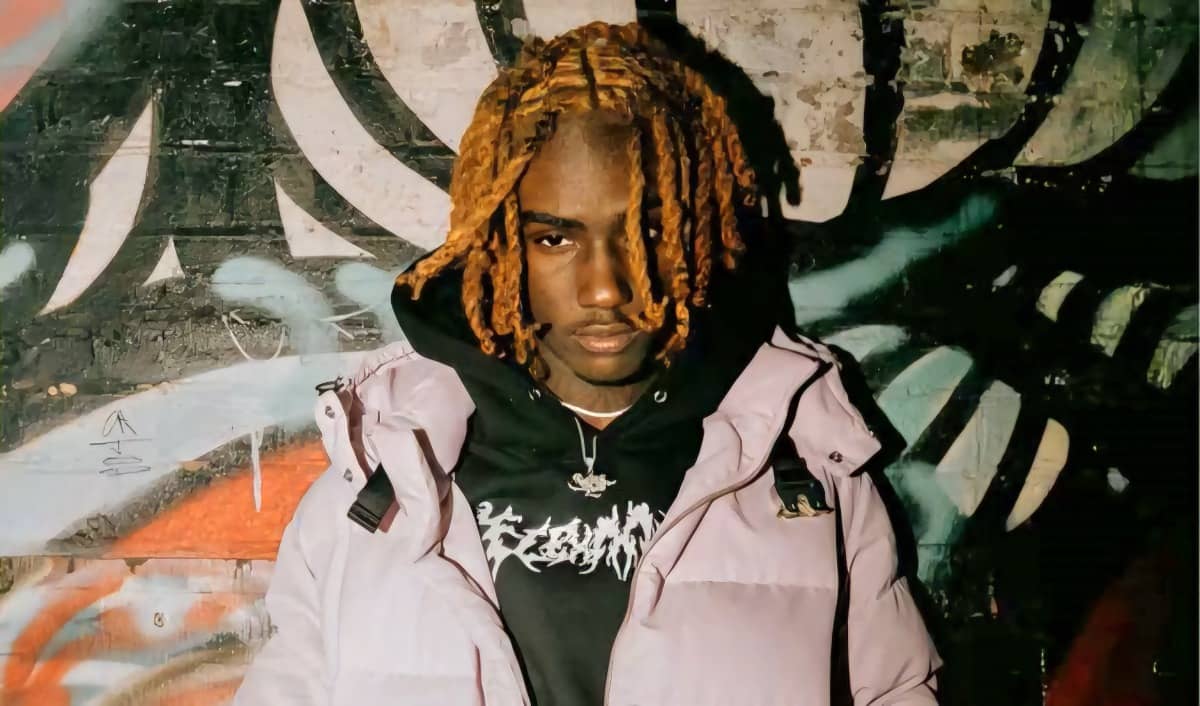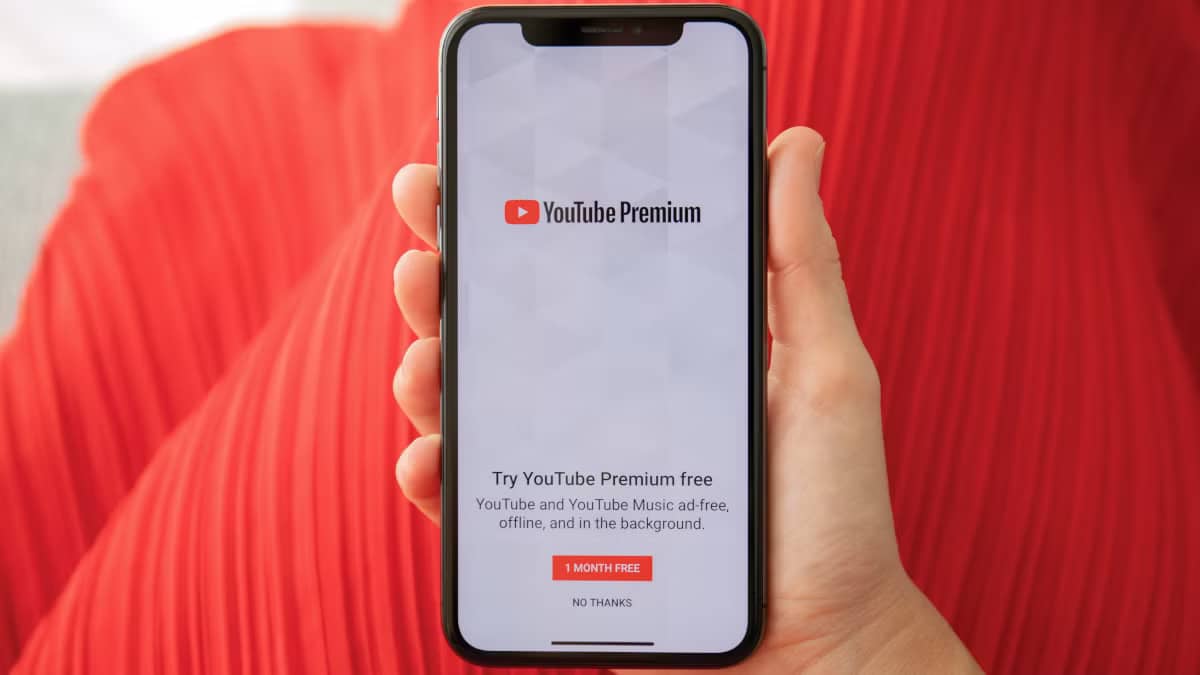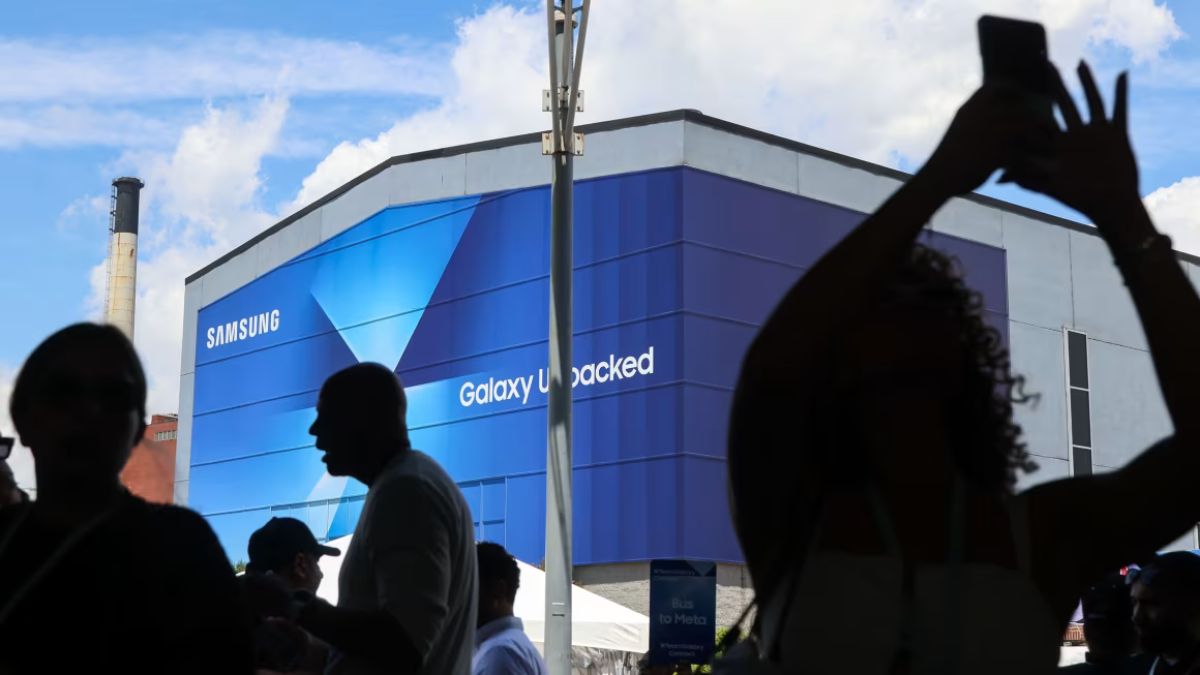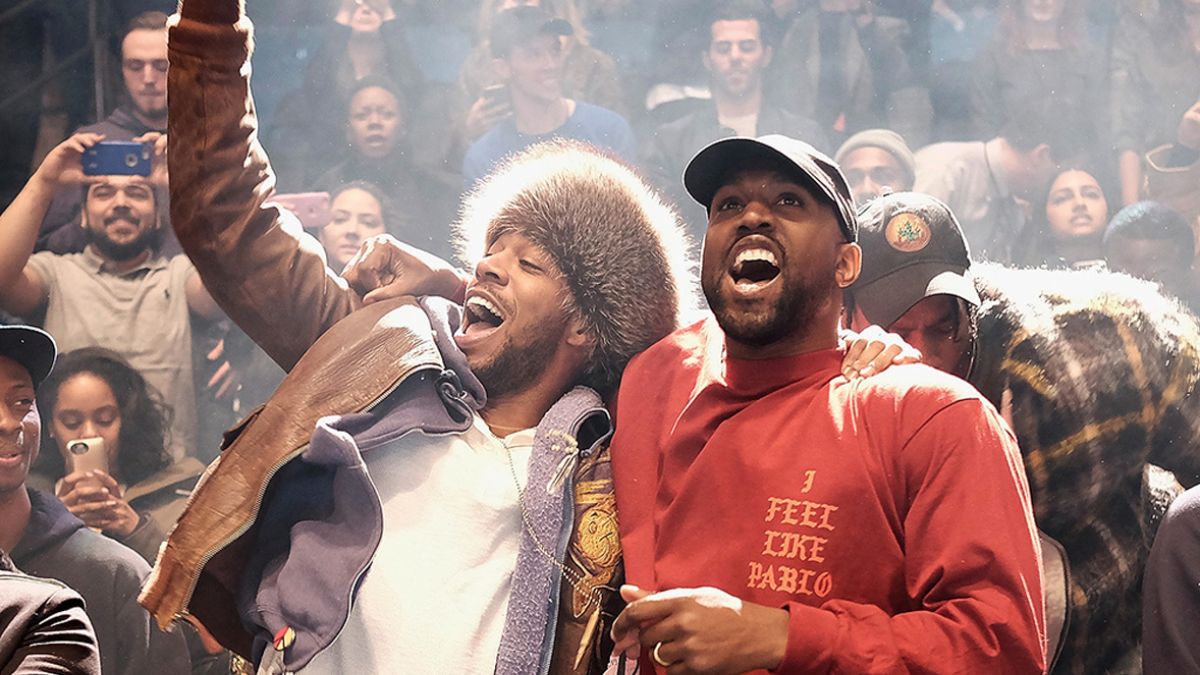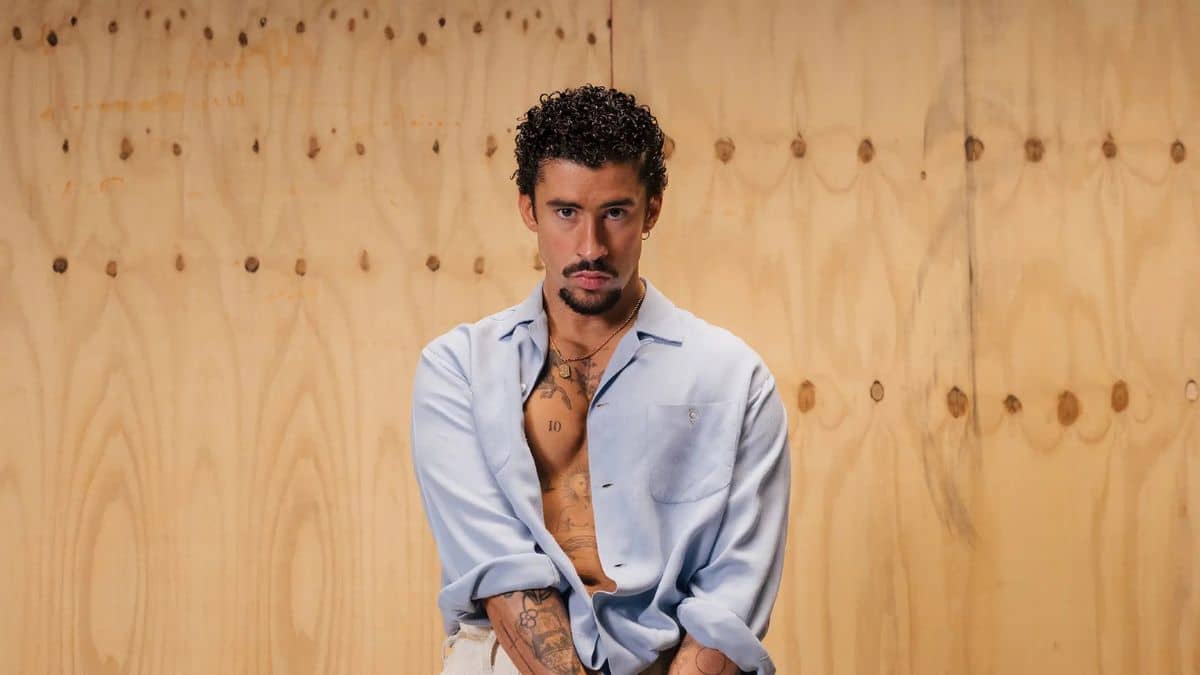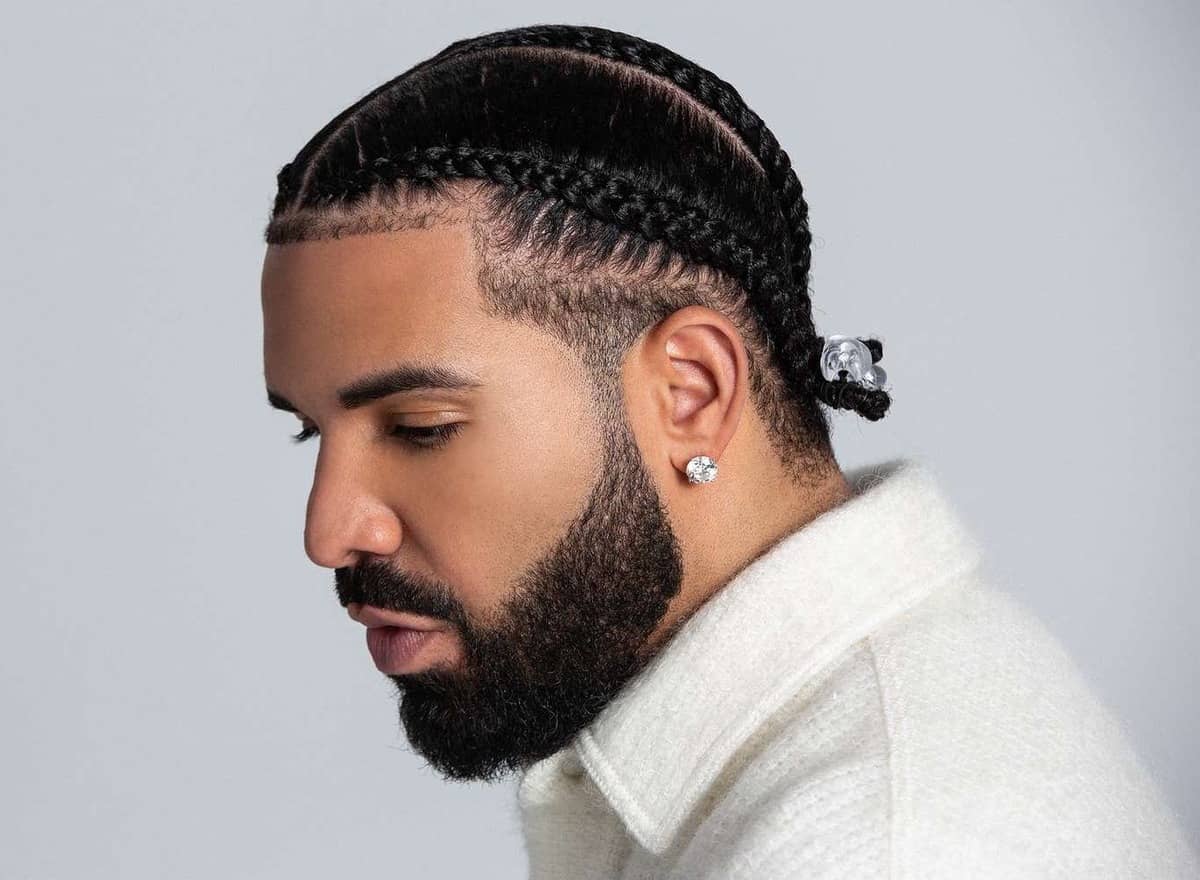Over 1,000 unreleased songs by rising rapper OsamaSon were leaked online on 17 August, in what is being described as one of the largest breaches of an artist’s digital security to date.
The 21-year-old rapper from Goose Creek, South Carolina — known for his intense delivery and hard-hitting beats — has suffered multiple leaks over the past year, but this incident is unprecedented. Reports suggest as many as 944 files, including 781 songs, surfaced across platforms such as SoundCloud, Telegram, and Discord.
Among the leaked material are tracks like Cleopatra (OG Version) and Pop (Ciroc), many of which were intended for future release. The breach follows earlier incidents, including the leak of more than 400 songs in June 2024 and the premature release of his third album, Jump Out, in January 2025. That leak forced an early release on 31 January, though the album still managed to chart on the Billboard 200.
Unverified claims on social media suggest the latest leak may also include private material such as personal messages, childhood photos, and explicit videos. These reports have fueled debate among fans, with some expressing sympathy for the artist while others made light of the situation.
OsamaSon previously voiced frustration about leaks in a January 2025 interview. “I’m happy the fans are enjoying the music… But if they would give me a chance, I’d drop that shit,” he said, explaining how leaks disrupt his ability to plan promotional rollouts such as trailers and music videos.
The breach highlights a wider problem in the music industry, where weak digital security leaves artists vulnerable. In a recent case, a hacker was jailed for exploiting cloud storage and email systems to leak unreleased music, underscoring the ongoing risks.
Described by some as a “complete digital invasion,” the OsamaSon leaks have renewed calls for stronger protections to prevent artists from losing control over both their work and their personal lives.
As the files continue to spread online, the incident raises broader questions about how musicians can safeguard their privacy — and the ethical responsibilities of fans when confronted with leaked material.


